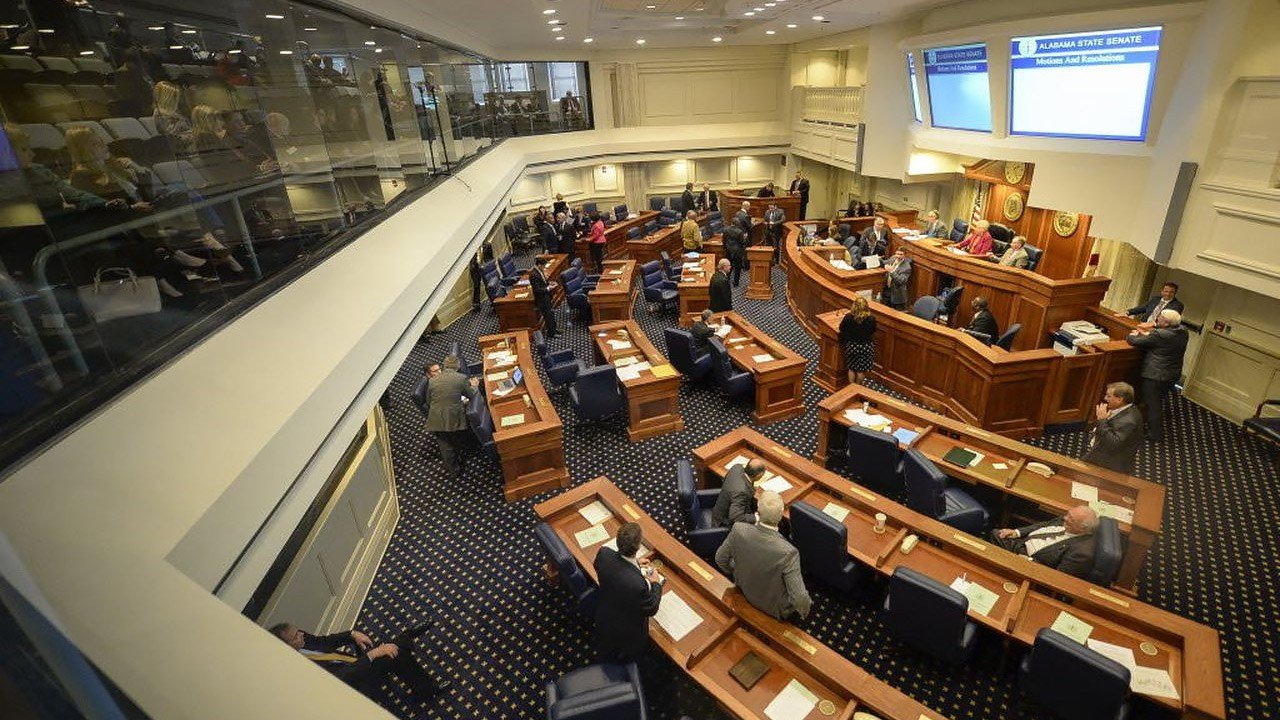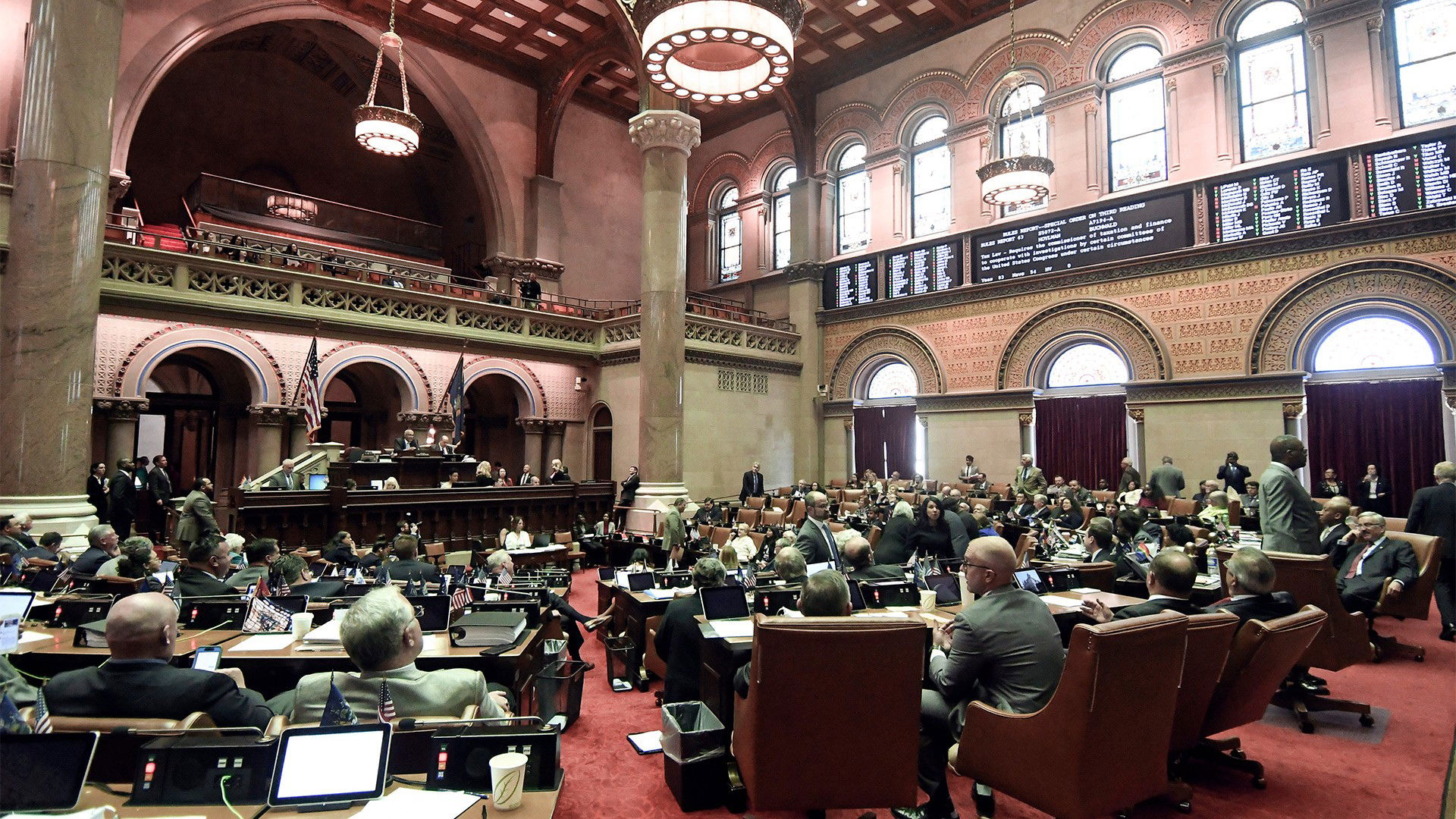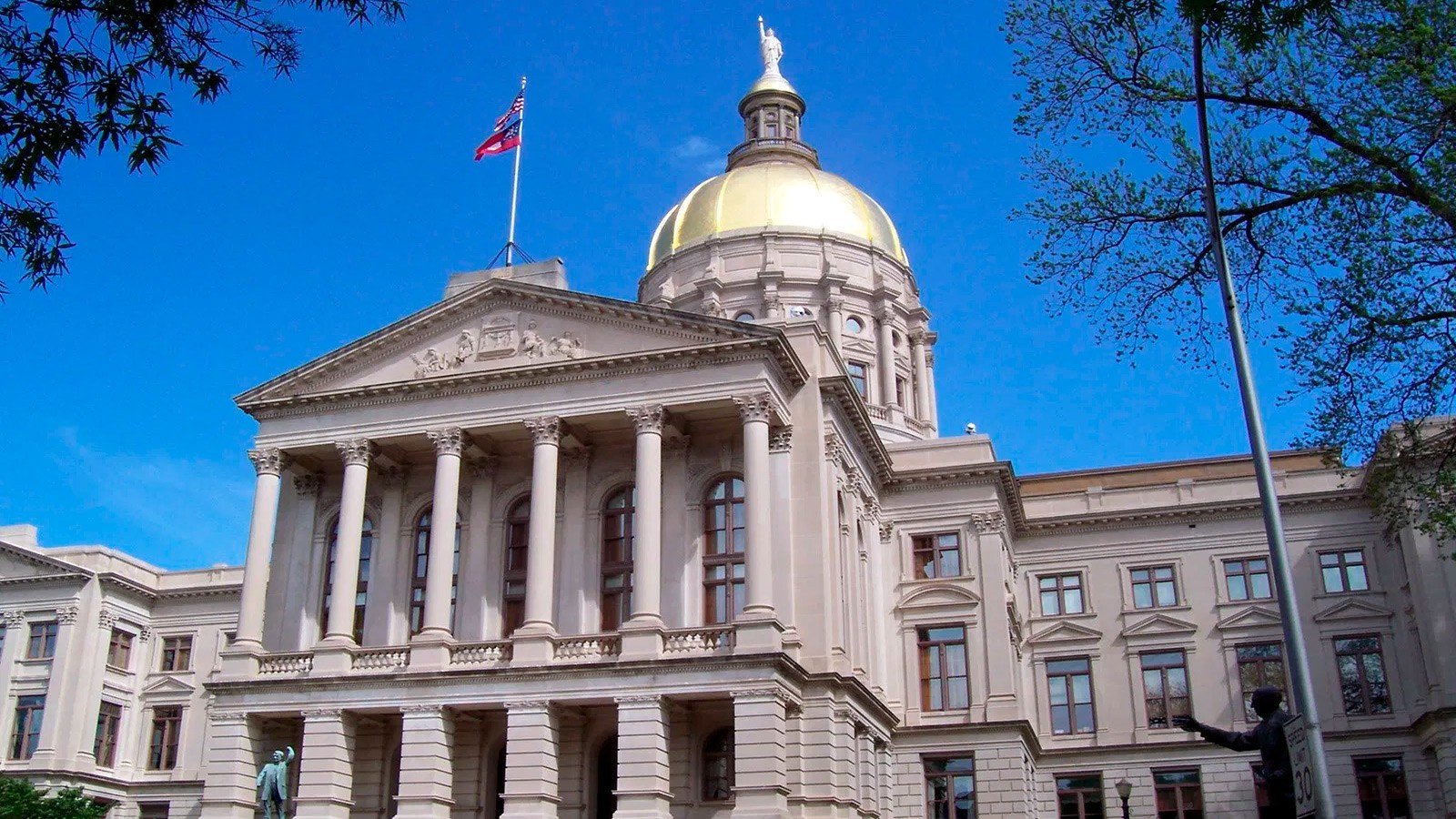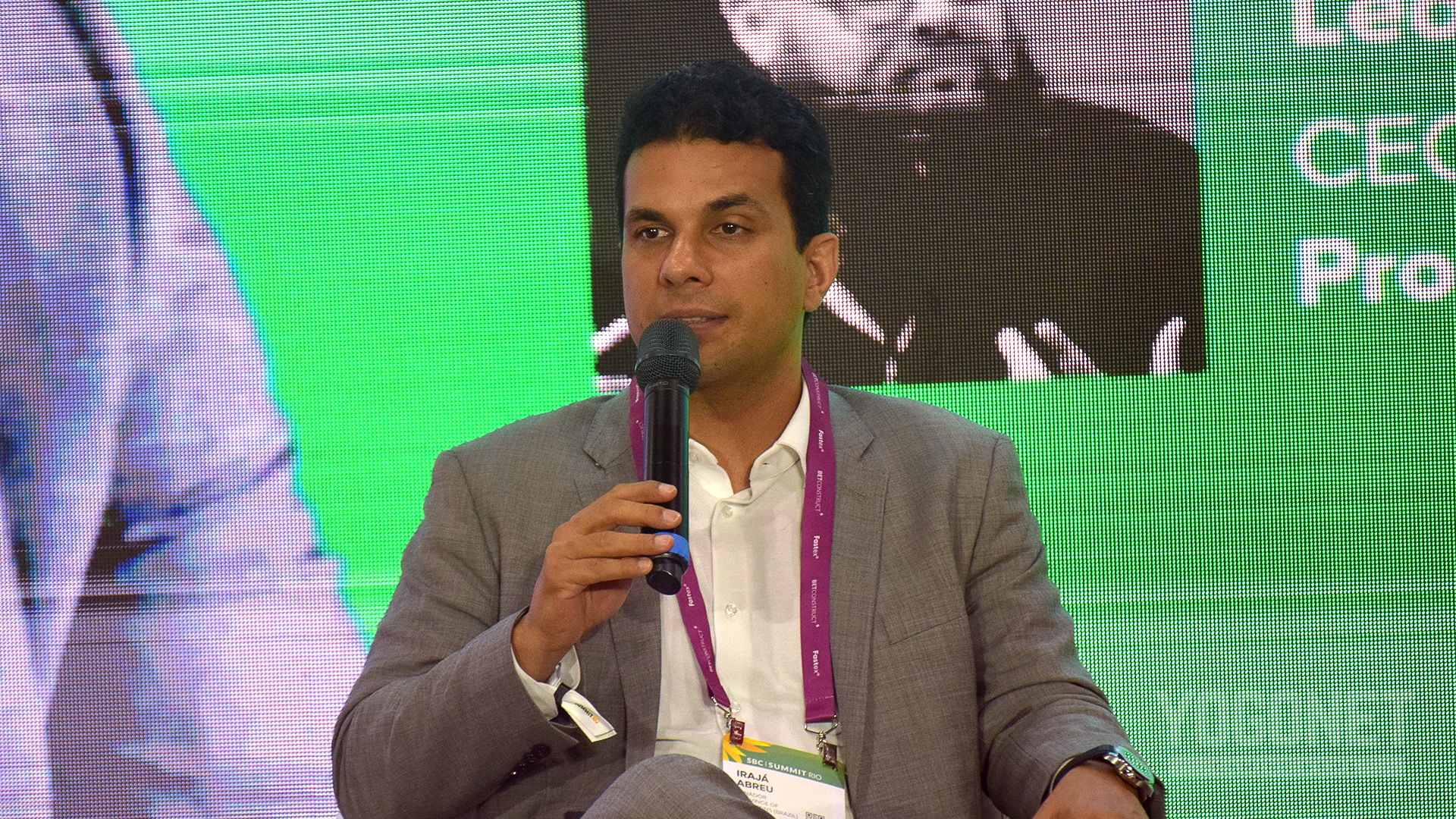Alabama sports betting, casino gaming expansion proposal introduced to Senate

The Alabama Senate has now seen the introduction of a new comprehensive gambling proposal which, if approved, would greatly expand gaming options available in what is one of the most restrictive states in regards to this industry.
The legislation, introduced by State Sen. Greg Albritton (R-Atmore) on Thursday, if approved by the legislature, would then be placed on the ballot as a constitutional amendment for citizens in the Yellowhammer State to vote on, local media reports.
Albritton’s proposal seeks to establish the Alabama Education Lottery, which would be under the supervision and regulation of a new body called the Alabama Education Lottery and Gambling Commission, Yellow Hammer reports. The state is currently one of only six states in the US that do not have a lottery.
Attempts to expand gambling have thus far systematically failed, seeing heavy contesting from a number of parties opposing the plan. Albritton himself has been a long-time proponent of said expansion and, yet again, the regular legislative session could provide ground for intense debate among lawmakers. But the senator believes things could be different this time.
“This is an industry that is running rampant in the state of Alabama,” Albritton said about gambling, according to AL.com. “The state has no control over any of these activities. Alabama has no benefit from all of these activities, and yet we’re still suffering the consequences. We need to take control.”
Under Albritton’s plan, the new Lottery and Gambling Commission would earn the authority to grant licenses for the operation of a wide array of gambling activities not yet allowed in the state, including casino-style gaming, sports betting, bingo and raffles.
The proposal would direct net revenue from lottery to a scholarship program, while taxing net gambling revenue from casinos at a 20% rate, allocating that money to local governments and the state General Fund. It also calls for a compact to be negotiated between the governor and the Poarch Band of Creek Indians to allow casino-style games and sports betting on tribal land.

A number of issues could potentially prevent the passage of the bill. A similar proposal, introduced last year, stalled in the House after passing the Senate. And Albritton’s plan also comes with only 12 meeting days remaining in the 30-day legislative session, remarks the cited source, although the legislator believes there might still be enough time for consideration.
Under the lawmaker’s plan, the Alabama Education Lottery and Gambling Commission would issue a total of five casino licenses for the state. Among the chosen sites for awardal are Greenetrack in Greene County, Birmingham Race Course in Jefferson County, VictoryLand in Macon County, and Mobile Greyhound Racing facility in Mobile County.
The aforementioned sites would be home to a single casino license, awarded through a competitive process. DeKalb County or Jackson County would become home to the state’s fifth casino site, to be operated by the Poarch Band tribe. A to-be-negotiated compact would determine the location.
In addition, the legislation seeks to authorize two satellite casinos. These venues would be authorized to operate a limited number of electronic gaming machines but no casino-style gaming. They would be located in Houston County and Lowndes County, according to a summary from Albritton.
More than 99% of all revenue from the lottery would be reserved for the Alabama Education Lottery Trust Fund, which would be allocated toward the creation of scholarships in an effort to support workforce needs. The legislation also earmarks funding from the tax on net gaming revenues for mental health care facilities and providers, broadband expansion, rural healthcare services, road and bridge infrastructure grant program, and more.
Passage of the constitutional amendment is dependent on approval by three-fifths of members of the House and Senate. The House Democratic caucus opposed last year’s legislation, and it is believed it would oppose the new proposal in its current form. Albritton said he expects his bill to be considered in a Senate committee on Tuesday.

















































